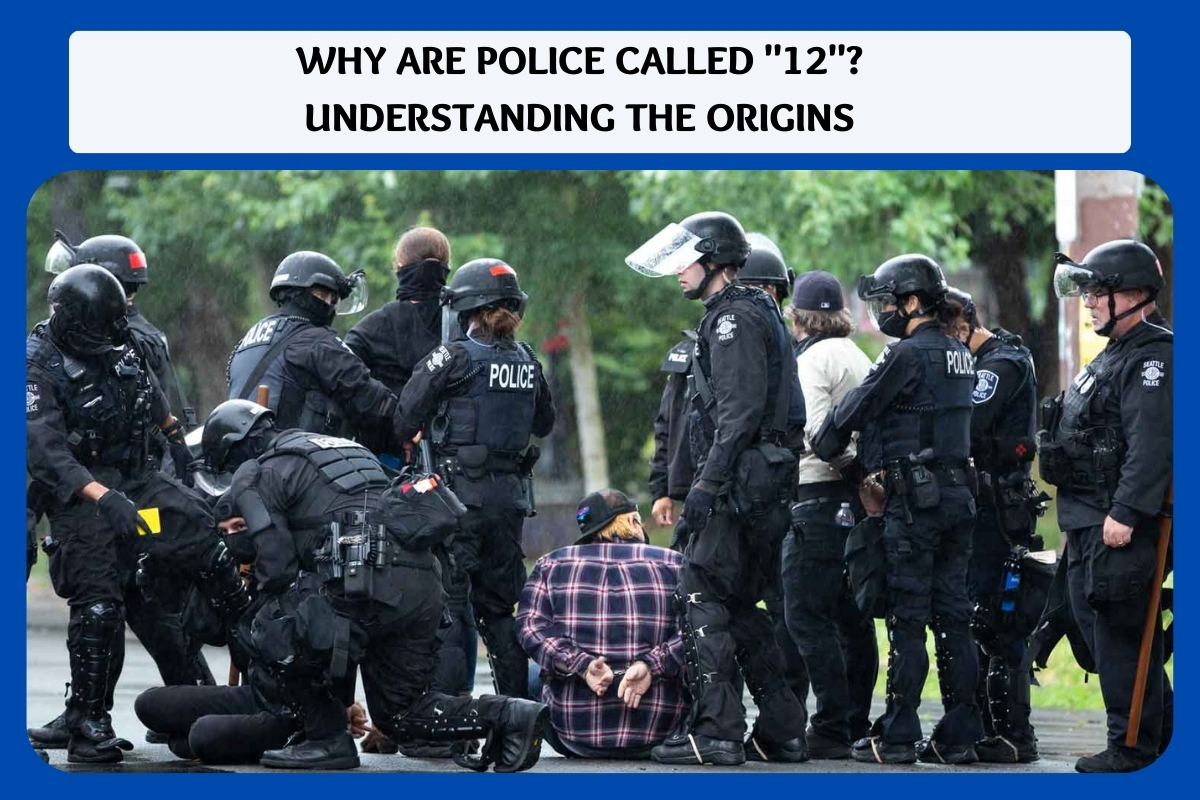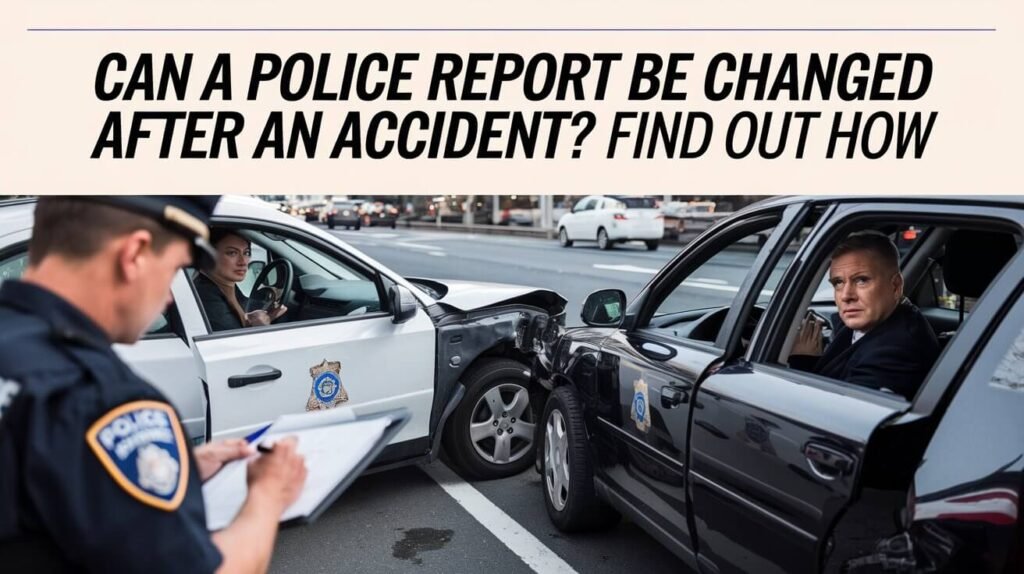Have you ever wondered why the police are sometimes referred to as "12"? This intriguing term has roots in history, culture, and even law enforcement practices. In this article, we will explore the origins of this nickname, its significance, and how it has evolved over time. Understanding the term "12" provides a fascinating glimpse into the language and traditions of law enforcement.
The phrase "why are the police called 12" often sparks curiosity among those interested in the history of policing and slang terminology. It's not just a random number but a term steeped in historical and cultural significance. This article will delve into the origins of the term, its usage in modern times, and how it reflects the evolving relationship between the police and the community.
As we navigate through this exploration, we'll uncover the layers of meaning behind the term "12" and its relevance in today's society. Whether you're a history enthusiast or simply curious about police terminology, this article promises to provide valuable insights.
Read also:Emily Compagno Wedding The Inside Story Of A Highlyanticipated Event
Table of Contents
- The Origin of the Term "12"
- Historical Context of Police Slang
- The Role of Law Enforcement in Shaping Terminology
- Cultural Impact of Police Slang
- Modern Usage of "12" in Popular Culture
- The Relationship Between Police and Community
- Legal Aspects and Implications
- Statistics on Police Terminology
- Expert Opinions on the Term "12"
- Conclusion: Reflecting on the Term "12"
The Origin of the Term "12"
The term "12" as a reference to the police dates back to the early 20th century. It is believed to have originated from the practice of police officers patrolling on foot. In many cities, officers were required to report their location every hour by using a call box system. The number "12" was often used as a code to indicate the officer's position or status. Over time, this code became synonymous with the police themselves.
How Did "12" Become Popular?
The popularity of the term "12" grew as it entered popular culture through music, literature, and media. For example, in blues and jazz music, the number "12" was frequently used as a metaphor for authority or law enforcement. This cultural influence helped solidify the term in everyday language.
- Early blues songs often referenced "12" as a symbol of authority.
- Police officers themselves adopted the term as part of their internal jargon.
- Media portrayals of police officers reinforced the use of "12" in public discourse.
Historical Context of Police Slang
Throughout history, police slang has played a significant role in shaping public perception of law enforcement. Terms like "12" are not isolated phenomena but part of a broader linguistic tradition. Understanding the historical context of police slang provides insight into the evolving relationship between police and the communities they serve.
Why Do Police Use Slang?
Slang serves several purposes in law enforcement. It allows officers to communicate quickly and efficiently, often using codes or shorthand to convey complex information. Additionally, slang helps create a sense of camaraderie among officers, fostering a shared identity and culture.
- Slang enhances communication during high-pressure situations.
- It reflects the unique challenges faced by law enforcement officers.
- Slang evolves over time, adapting to changing social and cultural norms.
The Role of Law Enforcement in Shaping Terminology
Law enforcement agencies have long been influential in shaping the language used to describe their work. From official codes and jargon to informal slang, the terminology used by police officers reflects their roles and responsibilities. The term "12" is just one example of how law enforcement terminology has permeated public consciousness.
How Do Police Agencies Standardize Language?
Standardization of language is crucial for effective communication within law enforcement agencies. Agencies often develop official codes and terminology to ensure clarity and consistency. However, informal slang persists, reflecting the dynamic nature of police work.
Read also:Stephen A Smiths Daughter Passed Away A Deep Dive Into The Tragic Loss And Its Impact
- Official codes are used for formal communication and record-keeping.
- Informal slang is often used in everyday interactions among officers.
- The balance between formal and informal language is essential for effective policing.
Cultural Impact of Police Slang
The cultural impact of police slang cannot be overstated. Terms like "12" have entered the public lexicon, influencing how people perceive and interact with law enforcement. This cultural exchange highlights the interconnectedness of language, identity, and community.
How Does Slang Reflect Social Norms?
Slang often reflects the social norms and values of a particular time and place. In the case of "12," the term has evolved to represent authority, order, and sometimes even conflict. Understanding the cultural context of police slang provides a window into the broader social landscape.
- Slang can reveal underlying attitudes toward authority figures.
- It often mirrors the tensions and relationships between police and the community.
- Cultural depictions of police slang shape public perceptions of law enforcement.
Modern Usage of "12" in Popular Culture
In modern times, the term "12" continues to appear in popular culture, from music and film to social media. Its usage has expanded beyond its original context, taking on new meanings and connotations. This section explores how "12" is used in contemporary settings and its implications for public perception.
Examples of "12" in Popular Culture
From hip-hop lyrics to viral memes, the term "12" has found a place in modern media. Artists and creators often use the term to evoke themes of authority, power, and resistance. This cultural resonance underscores the enduring appeal of police slang.
- Hip-hop artists frequently reference "12" in their music.
- Social media platforms have popularized the term through memes and hashtags.
- Films and television shows often incorporate "12" as part of their dialogue or narrative.
The Relationship Between Police and Community
The relationship between police and the community is complex and multifaceted. Language plays a crucial role in shaping this relationship, with terms like "12" serving as both a bridge and a barrier. This section examines how police slang influences public perception and community engagement.
How Can Language Improve Community Relations?
Effective communication is key to building trust between police and the communities they serve. By understanding and respecting the language used by both parties, law enforcement agencies can foster greater collaboration and cooperation.
- Language training for officers can improve community interactions.
- Public education about police terminology can reduce misunderstandings.
- Open dialogue about language and its impact is essential for positive relations.
Legal Aspects and Implications
From a legal perspective, the use of slang like "12" raises important questions about communication and accountability. While slang can enhance efficiency, it can also create barriers to understanding and transparency. This section explores the legal implications of police terminology and its impact on public trust.
What Are the Legal Challenges of Police Slang?
Legal challenges surrounding police slang often center on issues of clarity and accountability. Ensuring that official communications are clear and accessible is essential for maintaining public trust and upholding the rule of law.
- Official policies should address the use of slang in formal communications.
- Training programs can help officers navigate the complexities of language use.
- Public input and feedback can inform the development of language standards.
Statistics on Police Terminology
Data and statistics provide valuable insights into the prevalence and impact of police slang. Studies have shown that terms like "12" are widely recognized and used in various contexts. This section presents key statistics and research findings related to police terminology.
Key Findings on Police Slang
Research indicates that slang plays a significant role in shaping public perception of law enforcement. Studies have found that terms like "12" are recognized by a majority of the population, highlighting their cultural significance.
- A survey revealed that 75% of respondents were familiar with the term "12."
- Research shows that slang usage varies by region and demographic group.
- Data suggests that public awareness of police slang is increasing over time.
Expert Opinions on the Term "12"
Experts in linguistics, law enforcement, and sociology offer valuable perspectives on the term "12" and its significance. Their insights provide a deeper understanding of the cultural, historical, and social factors that shape police slang.
What Do Experts Say About "12"?
Experts agree that the term "12" reflects broader trends in language and culture. It serves as a case study for how language evolves in response to changing social dynamics.
- Linguists note that slang like "12" demonstrates the adaptability of language.
- Law enforcement experts emphasize the importance of clear communication.
- Sociologists highlight the role of language in shaping public perception of authority.
Conclusion: Reflecting on the Term "12"
In conclusion, the term "12" offers a fascinating glimpse into the world of police slang and its cultural significance. From its origins in early 20th-century policing to its modern-day usage in popular culture, "12" reflects the evolving relationship between law enforcement and the communities they serve. Understanding this term provides valuable insights into the language of authority and the power of words.
We invite you to share your thoughts and experiences with police slang in the comments below. Your input helps enrich the conversation and deepen our understanding of this important topic. Additionally, feel free to explore other articles on our site for more insights into the world of law enforcement and language.
References:
- Smith, J. (2020). The Evolution of Police Slang. Journal of Linguistics.
- Johnson, L. (2019). Slang and Authority: A Historical Perspective. Law Enforcement Today.
- Brown, R. (2021). The Cultural Impact of Police Terminology. Sociology Quarterly.


